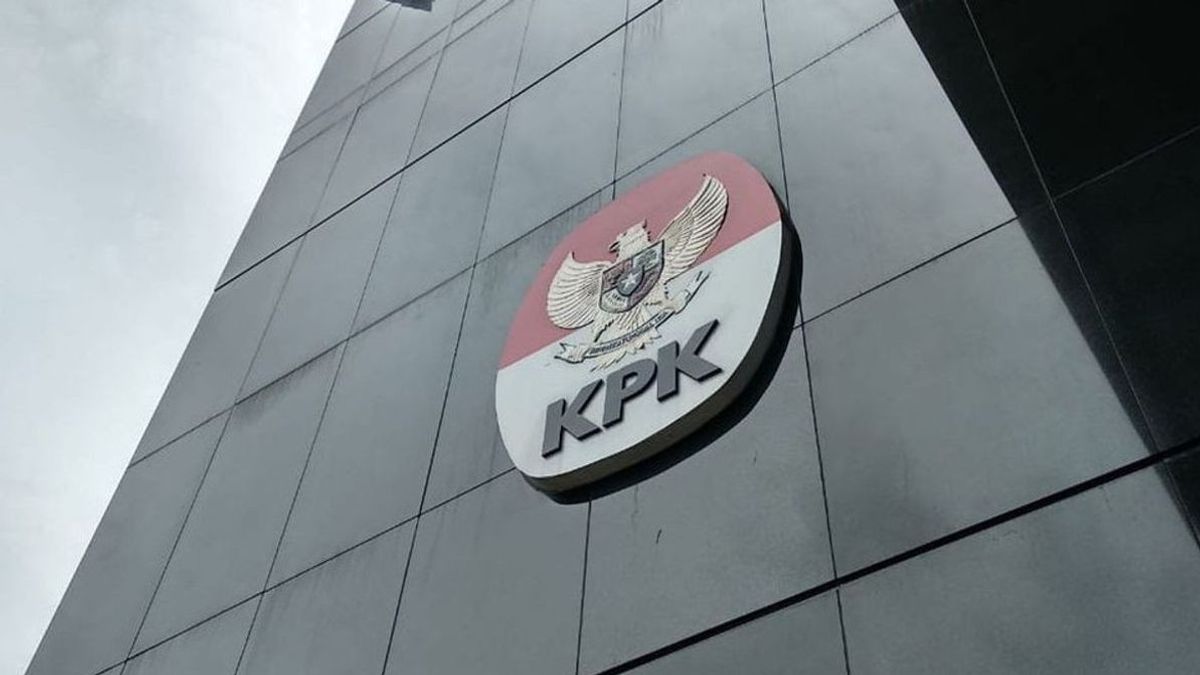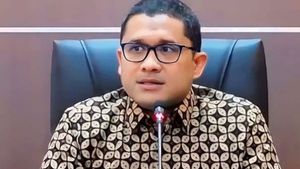JAKARTA - The Corruption Eradication Commission (KPK) respects the decision of the Supreme Court regarding the revocation and cancellation of Government Regulation (PP) Number 99 of 2012 concerning the Terms and Procedures for the Implementation of the Rights of Correctional Inmates.
However, the Corruption Eradication Commission (KPK) asks that the granting of remissions to corruptors must still consider the sense of justice for the community.
"We hope that the granting of remissions for the perpetrators of extraordinary crimes still takes into account the community's sense of justice and input from law enforcement officers," said Acting KPK Spokesperson for Enforcement, Ali Fikri, to reporters, Friday, October 29.
He said that punishment for corruptors should have a deterrent effect so that it doesn't happen again. Moreover, corruption is a crime that has a wide negative impact.
In addition, Ali also reminded all parties to be committed to eradicating corruption without exception so that the practice of rasuah does not continue to be repeated.
"Successful eradication of corruption requires our commitment and efforts together, all stakeholders. Both the government, policy makers, judiciary, law enforcement officers, and all elements of society," said Ali.
"Because in principle, eradicating corruption is an integrated effort between enforcement-prevention-and education," he added.
As previously reported, the Supreme Court decided to revoke and cancel the PP that regulates the tightening of remissions for perpetrators of corruption, terror, and drugs.
"The decision of the HUM (right to judicial review) is granted," was quoted from the Supreme Court's website on Friday, October 29.
This decision was echoed by the chairman of the Supandi Assembly, which consisted of Yodi Martono W and Is Sudaryono. Meanwhile, the parties who proposed this material test were Subowo and his friends. They are former village heads and inmates who are currently serving prison terms at the Class IA Sukamiskin Prison, Bandung.
In their consideration, the panel of judges stated that the function of punishment is no longer merely to imprison the perpetrators to be a deterrent but as an effort to rehabilitate and reintegrate socially in line with the restorative justice model.
In addition, they argue that prisoners are not only objects but also subjects who can make mistakes that can be subject to criminal penalties. So that they do not have to be eradicated but what must be eradicated are the factors that cause prisoners to do things that are against the law.
"Based on the correctional philosophy, the formulation of norms contained in the implementing regulations of Law No. 12 of 1995 as implementing technical rules must have a spirit that is in line with the philosophy of correctionalism that strengthens rehabilitation and social reintegration as well as the concept of restorative justice," said the panel's consideration.
With this consideration, the right to obtain remission must be granted without exception, which means that it applies equally to all inmates unless it is revoked based on a court decision.
The English, Chinese, Japanese, Arabic, and French versions are automatically generated by the AI. So there may still be inaccuracies in translating, please always see Indonesian as our main language. (system supported by DigitalSiber.id)













